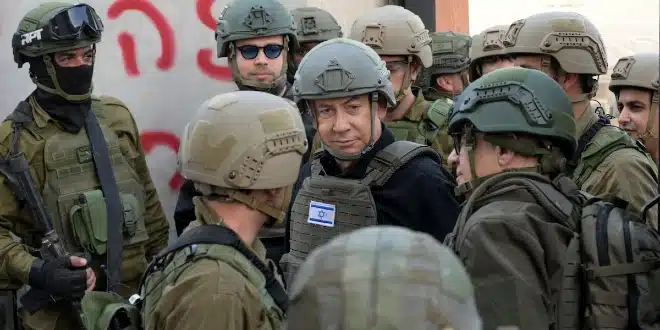The United States is permitting Israel to maintain its current level of limited military engagement in Lebanon, but American officials are reportedly not supportive of a broader, full-scale war breaking out on Lebanese territory. This stance was revealed by seasoned diplomatic sources in comments to An-Nahar newspaper, published Friday.
Subtle Strategic Calculations Following Iran Conflict
According to these diplomatic insiders, Washington is carefully navigating the aftermath of the recent confrontation with Iran. A clear indication of this strategy is Israeli Prime Minister Benjamin Netanyahu’s ongoing diplomatic engagements in the U.S. capital. His visit to Washington has been described as part of a larger American effort to shape the regional balance in the post-Iran conflict era without escalating into a broader war.
This measured approach reflects a growing desire among U.S. officials to contain tensions in the Middle East, particularly along Israel’s northern border, where hostilities involving Hezbollah have escalated in recent months. However, sources emphasized that while low-level operations by Israel may continue with tacit U.S. approval, Washington is drawing the line at endorsing a full invasion or high-intensity warfare inside Lebanon.
Lebanon’s Position and Diplomatic Feedback
These developments coincide with U.S. deliberations over Lebanon’s formal reply to a diplomatic initiative proposed by American envoy Tom Barrack. While specific details of Lebanon’s response remain undisclosed, Barrack reportedly expressed high satisfaction with the country’s reply, describing himself as “unbelievably satisfied.”
The proposal in question is believed to focus on potential de-escalation measures along the Israel-Lebanon border, including discussions around Hezbollah’s military posture and broader questions about Lebanese sovereignty and security guarantees.
Barrack, who has played a key role in recent regional mediation efforts, is anticipated to return to Beirut in approximately two weeks, following a stop in Israel. His follow-up visit is expected to advance discussions further, particularly as both the U.S. and regional players seek to avoid a larger-scale confrontation while addressing underlying tensions diplomatically.


